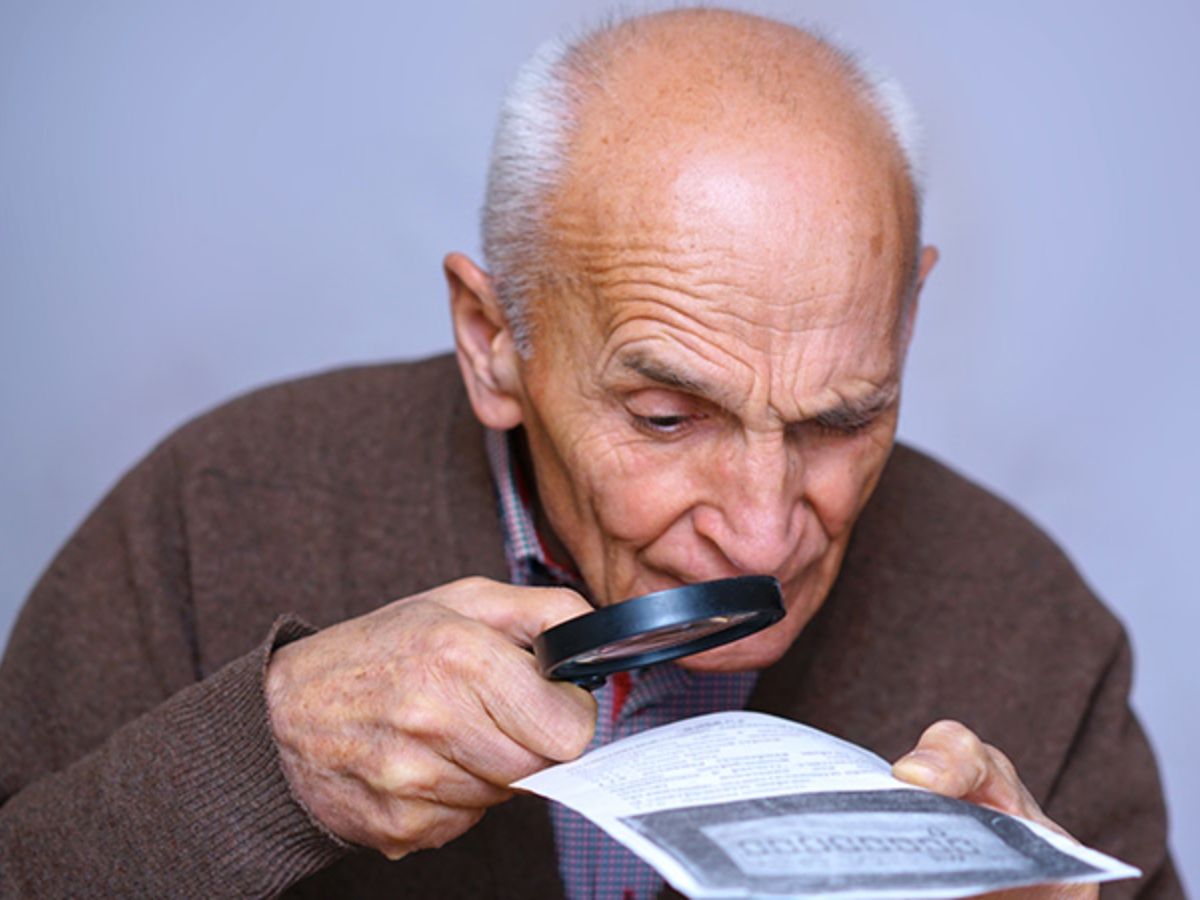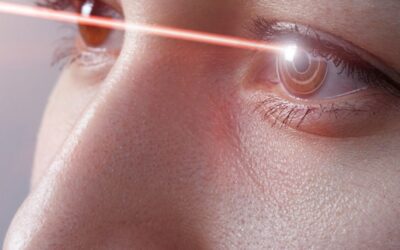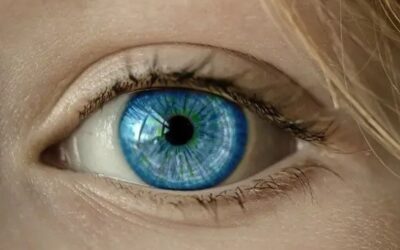By Dr. Marla Moon
One in 20 Americans have vision too poor to read a newspaper with ease, watch television, read a product label while shopping, even with eyeglasses. Low vision is a term that is used to describe a significant vision loss that cannot be corrected fully with eyeglasses, contact lenses, eye medication and/or eye surgery.
Some people are born with low vision, but it can also be caused by health conditions that affect the eyes or an injury to the brain or eyes. A few of those conditions are as follows: albinism, macular degeneration, diabetic retinopathy, glaucoma, and other conditions such as a traumatic brain injury or stroke.
Help is available for most patients that possess low vision. If there is enough remaining vision to see a newspaper headline (about an inch high) held at any distance, there is a good probability that vision may be improved by special magnifiers, lenses, technology, or vision enhancement devices. The amount of benefit gained will depend on the amount of vision remaining, and one’s motivation along with appropriate goals and objectives. Special devices and training techniques are utilized to enable more efficient use of the remaining vision. Examples of activities include:
- Reading – using handheld magnifiers, high powered lens systems or electronic magnification devices can help with reading newspapers, the Bible, novels, bills, mail, recipes, or items on your phone.
- Activities performed at arm’s length such as sewing, reading music, or playing cards may require a specialized telescope or loupe magnifier.
- Viewing recreational activities such as sport events, movies, concerts and television may be able to be helped with telescopic or bioptic devices.
Through low vision rehab services, vision is improved but not restored. With proper training, low vision rehabilitation devices enable a person to perform many visual tasks and activities with greater ease.
Low vision rehabilitation is not a substitute for any ongoing medical treatment, nor will it reverse the process of vision loss or restore sight. However, in many cases, it can help improve and enhance as much of a person’s remaining vision as possible and assist in their independence and safety. Please contact our office if you or a family member or friend might be in need of such services.




0 Comments